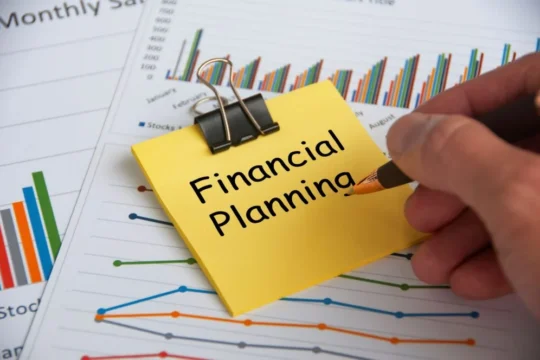
If you have plans that include buying your first home in the not-too-distant future, it’s a good idea to start preparing your finances right away. It takes time to build your credit score, and the more you save up for a downpayment, the better your chances are for home ownership.
Not only are these two of the most important factors in qualifying for a mortgage and the amount you will qualify to borrow, but as interest rates rise, these two factors also affect the mortgage rate you are offered and determine how much you ultimately pay for your home.
Keep in mind that you may also need to use a portion of your mortgage to cover the closing costs when you buy a home. One way to help reduce those costs is to retain real estate legal services at Axess Law. They were one of the first real estate law firms to offer online virtual services after realizing the cost savings they could pass on to their clients by doing so. Looking for as many opportunities to save money as you can is a vital part of the financial preparations for buying your first home – as are the tips below.
Start Buiding Your Credit as Early As You Can
One of the best ways to build up your credit score is with a long history of successfully managing a credit account like a credit card or a line of credit. However, if you don’t have much of a credit history or bad credit, applying for a secured credit card is an option for potentially improving your credit score.
Secured credit cards are cards for which you pay a deposit equal to the limit of the card. You use a secured credit card like other credit cards by making purchases and paying them off every month. If you’re unable to pay the balance, your deposit is used to pay it off. If, however, you manage the card responsibly and pay it on time every month, your credit should improve, and the bank may offer you an unsecured (‘regular’) credit card. Using and paying an unsecured credit card bill every month can accelerate the improvement of your credit score.
If you are a person with a credit history and open credit accounts, here are a few ways you may be able to increase your credit score with very little effort:
- Leave your old credit accounts open and keep using them even if you don’t need to. Your credit history has the biggest impact on your credit score, so the longer you’ve been successfully managing a credit account, the more it can help improve your credit score.
- Try to use around 35% of the credit available to you. That is the optimal credit usage rate, which is also used to determine your credit score. Conversely, maxing out your credit harms your credit score.
- Diversify your credit. Having a few different types of properly managed credit accounts helps your credit score.
But even if you have amazing credit, it doesn’t mean much unless you have enough of a downpayment saved up.
Saving for a Downpayment
The minimum allowable downpayment amount in Canada is 5% of a home’s purchase price for homes valued at $500,000 or less. To purchase a home over $500,000, you must have a downpayment that covers 5% of the initial $500,000 and 10% of the remainder.
Homebuyers who have less than 20% of the purchase price saved as a downpayment will generally have to carry mortgage insurance to be approved for a mortgage.



